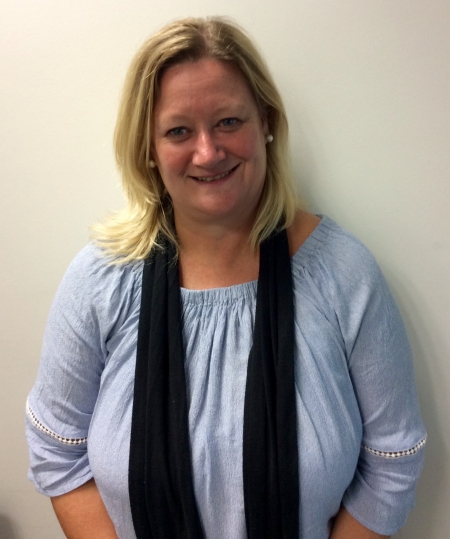
Holistic Needs Assessments, Cancer Care Reviews, Case Reviews - we’re constantly bombarded with changing terminology and seemingly endless boxes to tick.
The bottom line is we’re talking about having conversations with people.
As the Clinical Pathway Manager for The Macmillan Living With And Beyond Cancer Programme it’s my role to work with healthcare colleagues across the region. We need to support and encourage each other to change how we have conversations.
One of our aims is to ensure that everyone in the region receives high quality personalised care and support. The only way we’re going to make care personalised is by asking people what’s important to them.
Having a conversation with a person at the right time can make all the difference.
We’re talking to people affected by cancer all the time and what we’re hearing again and again is the emotional effects of cancer.
Last year alone there was a 3% increase in breast, prostate and bowel cancer across the region, this coupled with the fact that more people than ever are surviving cancer means we need to be better at having conversations.
The Macmillan Living With And Beyond Cancer Programme will support healthcare professionals across the region to feel confident having these conversations; and importantly feeling confident in where they’re signposting people to for support.
An example of where this is working really well is Macmillan Cancer Support’s partnership with Age UK Sheffield. Last year their Independent Living Coordinator service supported over 500 older people living with and beyond cancer.
Essentially someone took the time to ask “what’s important to you now?” A simple chat can have an enormous effect on a person’s life, helping to decrease social isolation, offering support with financial worries and listening to the concerns of carers.
The recent Cancer Patient Experience Survey was also massively encouraging; it showed that every area in the region is performing better than the national average at offering people a care plan after diagnosis – a conversation.
We’re not saying this is easy or that it will happen overnight, we need you to help us understand the barriers in your teams.
We want you to work alongside us to develop sustainable change in the way cancer services are shaped and delivered.
Let’s have a conversation about how we can better support people after a cancer diagnosis.
